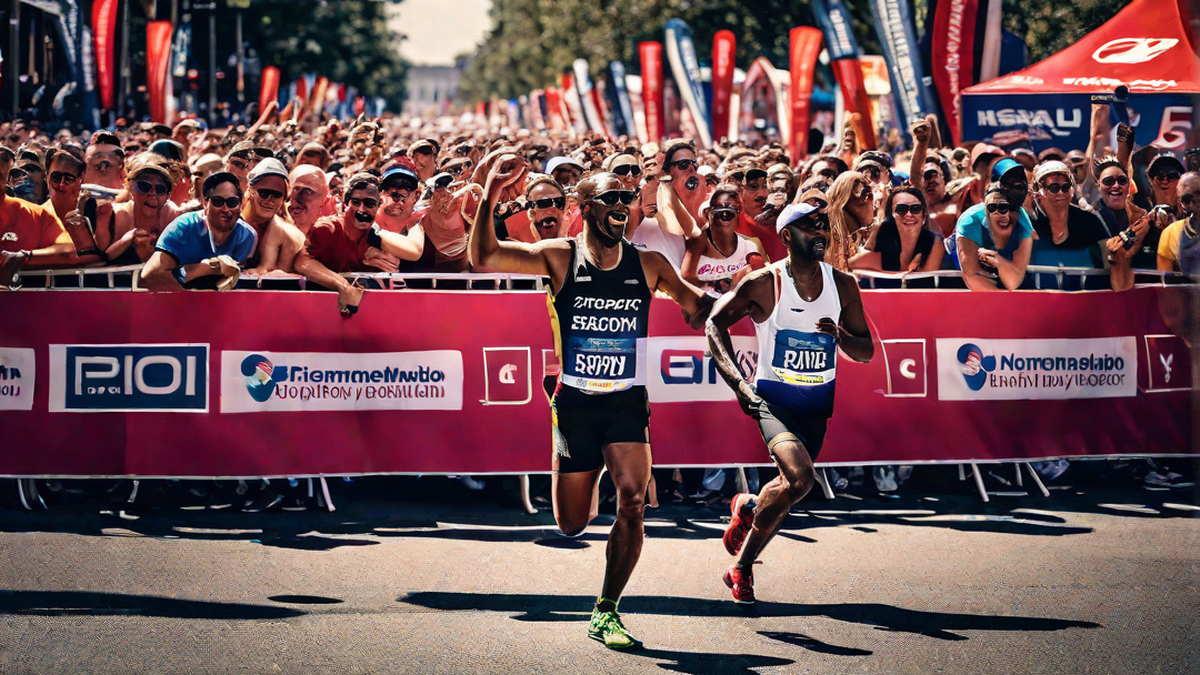When it comes to marathons, there’s always a burning question on everyone’s mind: what’s the average time for a marathon? As someone who has participated in several marathons myself, I can tell you that the average time can vary depending on a variety of factors. In this article, I’ll delve into the world of marathons and explore what influences the average finishing time.
The Length and Challenge of a Marathon
A marathon is a long-distance race that covers a distance of 26.2 miles or 42.195 kilometers. It requires not only physical endurance but also mental strength. The course is typically challenging, with varying terrains, inclines, and weather conditions. These factors can greatly impact the average time it takes to complete a marathon.
Training and Preparation
To tackle the daunting 26.2-mile distance, marathon runners must undergo months of rigorous training and preparation. This includes building up mileage, incorporating speed work, and implementing strength training exercises. The time and effort put into training can significantly affect an individual’s average marathon time. The more prepared and conditioned a runner is, the faster their finishing time is likely to be.
The Elite Runners
When we talk about the average time for a marathon, it’s important to consider the performance of elite runners. These athletes set the bar high with their incredible speed and endurance. Elite marathoners can finish a race in under 2 hours and 10 minutes, pushing the boundaries of human capability. However, it’s essential to remember that the average marathon runner may not achieve these impressive times.
The Recreational Runners
Most marathon participants fall into the recreational category. These runners may not have the same level of training and natural ability as elite athletes, but they still embark on the challenge of completing a marathon. Recreational runners aim to finish the race within a personal goal time, which can vary widely. Some may finish in under 4 hours, while others may take over 6 hours. The average time for a recreational runner to complete a marathon typically ranges between 4 to 5 hours.
Factors Affecting Average Time
Several factors can influence the average time for a marathon, including:
- Age: Younger runners tend to have faster finishing times compared to older runners.
- Gender: Men generally have faster average times than women due to physiological differences.
- Experience: Seasoned marathon runners may have improved their average time through years of training and racing.
- Course Difficulty: Hilly courses or extreme weather conditions can slow down average finishing times.
- Health and Fitness: A runner’s overall health and fitness level can impact their performance and finishing time.
Conclusion
In conclusion, the average time for a marathon varies depending on several factors, such as the runners’ training, experience, age, and the course’s difficulty. While elite runners set incredible records with their lightning-fast times, recreational runners aim to achieve personal goals and finish within their own time frame. Whether you’re a competitive athlete or a recreational enthusiast, completing a marathon is a remarkable accomplishment that should be celebrated regardless of the time it takes. So lace up your running shoes and embrace the challenge!

